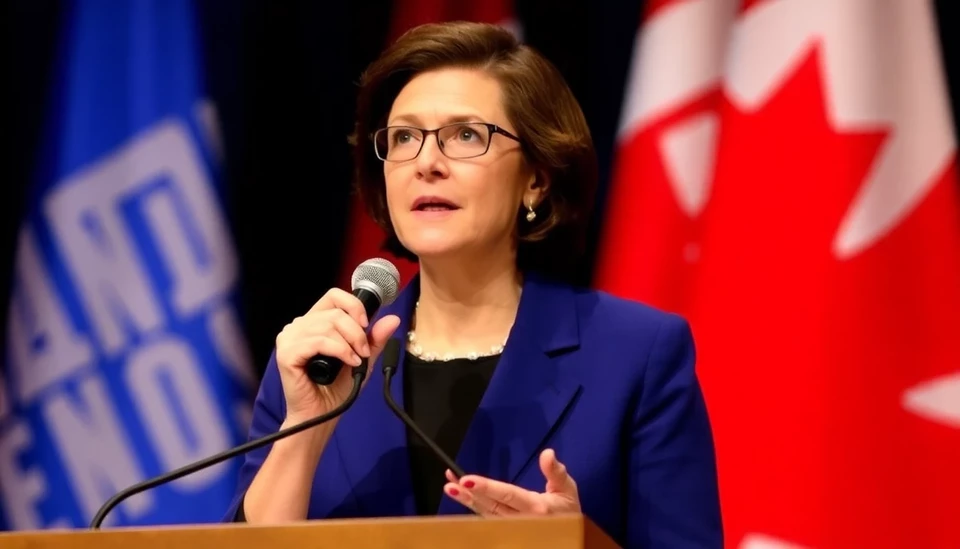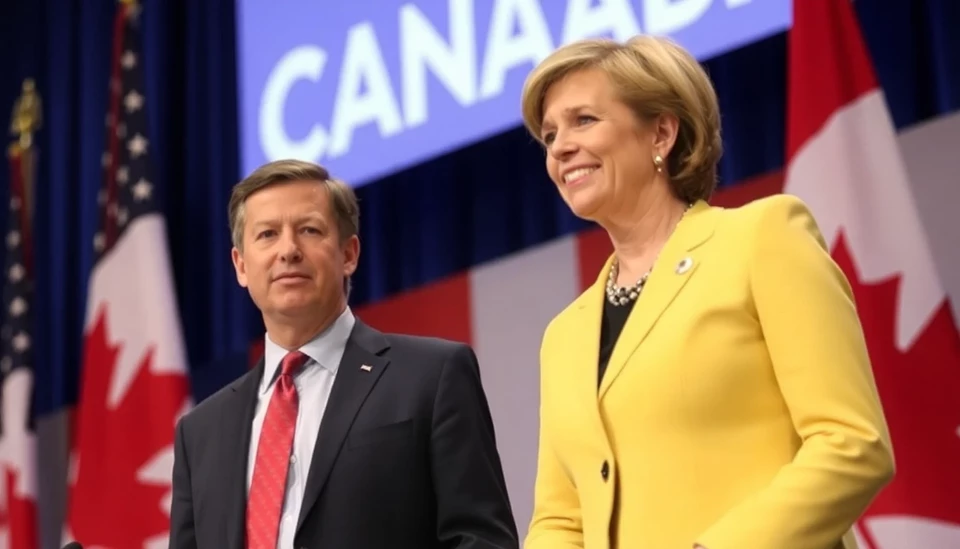
In a recent address, Canadian Deputy Prime Minister and Finance Minister Chrystia Freeland reassured the public that Canada is on track to meet its debt-to-GDP ratio goals. This affirmation comes amidst growing concerns about the country's budget deficit and overall fiscal sustainability, a discussion that Freeland notably sidestepped during her statements.
Freeland's comments were delivered in a context where economic pressures are intensifying, making the government's fiscal strategies a focus of scrutiny. She emphasized that the government's efforts in economic management are producing tangible results, specifically highlighting plans to reduce the debt burden relative to the size of the economy. The objective is to ensure that Canada maintains a stable financial outlook despite global economic uncertainties.
However, while Freeland was clear about the government's commitment to its debt reduction targets, she refrained from discussing the ongoing issue of the national deficit, which has been a topic of debate among economists and political analysts alike. The deficit, which has been projected to swell due to increased spending on social programs and infrastructure, raises questions about long-term economic viability.
Critics argue that Freeland's silence on the deficit could mask deeper issues within Canada’s financial strategies and call into question whether the government can simultaneously manage debt reduction while sustaining necessary public spending. With rising interest rates and inflationary pressures also at play, managing the deficit effectively has become a pressing concern for Canadian policymakers.
As Freeland navigates these complex dynamics, her commitment to addressing the debt-to-GDP ratio goal reflects a cautious optimism within the Canadian government. Observers await further details on how the administration plans to tackle the deficit, particularly as the next election approaches and fiscal policies come under greater scrutiny.
With the global economy facing myriad challenges, including supply chain disruptions and fluctuating energy markets, the effectiveness of Canada’s fiscal strategy will be critical. Stakeholders are eager for clarity and comprehensive plans that can reconcile debt management with the overarching need for economic growth and social investment.
#Canada #ChrystiaFreeland #FiscalPolicy #DebtReduction #Economy #BudgetDeficit #PublicSpending
Author: Laura Mitchell




